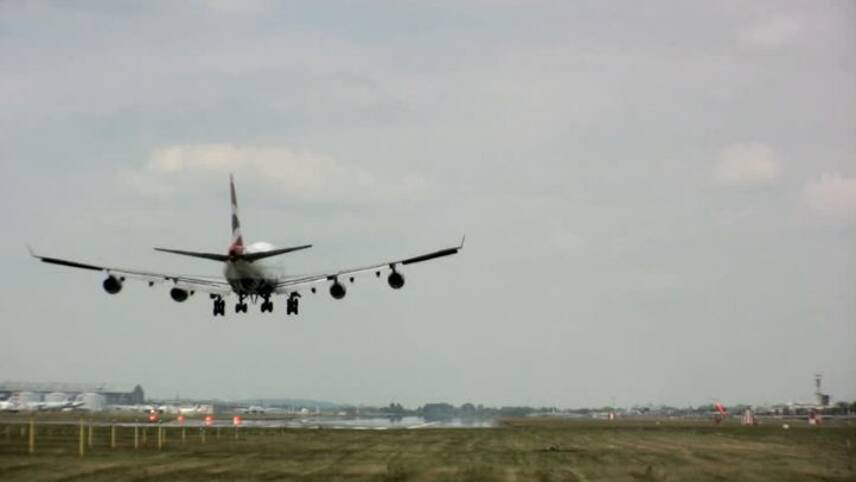Register for free and continue reading
Join our growing army of changemakers and get unlimited access to our premium content

Transport has been widely highlighted as a key focus area for action on the net-zero transition
Made as part of its Industrial Strategy, the fund will be used to help academics and businesses of all sizes to develop and commercialise what the Department for Business, Energy and Industrial Strategy (BEIS) has described as the “next generation” of transport.
Funding will specifically be allocated to those working in R&D around electric cars and vans, as well as hybrid-electric passenger aircraft. BEIS is referring to these technologies as Power Electronics, Electric Machines and Drives (PEMD).
In addition to capital investment, the organisations which receive support under the fund will have access to practical advice and partnerships from more than 130 academic and private sector organisations. These organisations are co-funding the scheme, but BEIS is yet to publish a full list of who they are and exactly how the funding pot has been made up.
BEIS claims that it is only through collaboration that the development of low-carbon PEMD will be accelerated rapidly enough for the transport sector to align with its net-zero for 2050 ambition. Indeed, the UK’s transport emissions rose by 2% last year, with the main source of emissions deriving from the use of petrol and diesel – a trend which business leaders have attributed to failure, on the Government’s part, to support collaborative projects or R&D projects which come after the initial stages.
In response to this criticism, BEIS has structured the new funding pot so that it will be allocated across four key “strands” of holistic decarbonisation activities: identifying the gaps in low-carbon supply chains, developing industrialisation centres, creating “highly efficient, high-volume” supply chains and creating “low-volume, high value” supply chains.
“Building on our Faraday Battery Challenge and Battery Industrialisation Centre, this co-investment from Government and industry is a key part of our modern Industrial Strategy, building on our strengths and helping to create the next generation of net-zero technologies that will transform entire industries,” Business Secretary Greg Clark said.
“Companies like Jaguar Land Rover and Lotus are choosing the UK to develop their new electric vehicles, while EasyJet and Rolls Royce have chosen the UK to develop their hybrid planes – all recognising and investing in the expertise and talents of the UK.”
High fliers
The announcement from BEIS comes at a time when more than 100 projects to develop electric passenger planes are believed to be underway across the world, with fresh calls to decarbonisation having mounted amid the School Strike 4 Climate, Extinction Rebellion and ‘Flight Shaming’ movements.
In a drive to spur the commercialisation of such an aircraft, Heathrow Airport announced last year that it will waive landing fees for the plane, which it believes will be launched before 2030.
At present, however, aviation remains a hard-to-abate sector, accounting for 2.4% of global emissions. While this may seem a small proportion, the UN’s climate body claims that GHG emissions from aviation increased by 76.1% between 1990 and 2012.
Moreover, the UK excluded international aviation and certain types of international maritime activity from its overall carbon footprint calculations under the 2008 Climate Change Act until the legislation was updated to introduce the net-zero target for 2050 earlier this year.
As part of a string of consultations on how to best create the interim action needed to reach net-zero, the Government this week began asking academics, green campaigners, businesses and members of the public if airline passengers should be required to pay an extra “carbon charge” for flight tickets, with the money being ring-fenced for carbon offsetting.
The Department for Transport has proposed that such a scheme could be operated on a mandatory or voluntary basis, and could also be applied to trains, ferries, cruise ships and buses.
“An offsetting scheme could help inform travellers about how much carbon their journey produces and provide the opportunity to fund schemes, like tree planting, to compensate for those emissions,” Transport Secretary Chris Grayling, who has since left his post, said.
“However, our focus remains to target the development, production and uptake of zero-emission technology across all modes of transport.”
Under its current Sector Deal for aviation, the Government has committed to funnel £125m into sustainable aviation projects.
Sarah George


Please login or Register to leave a comment.